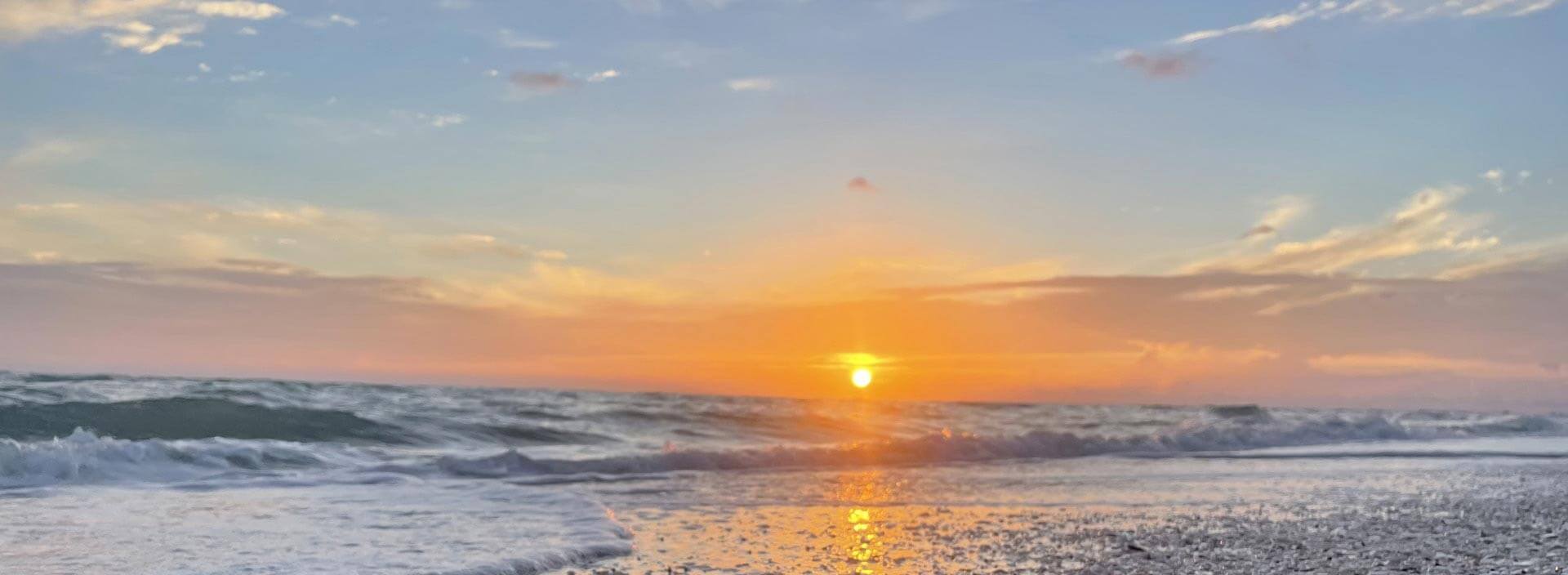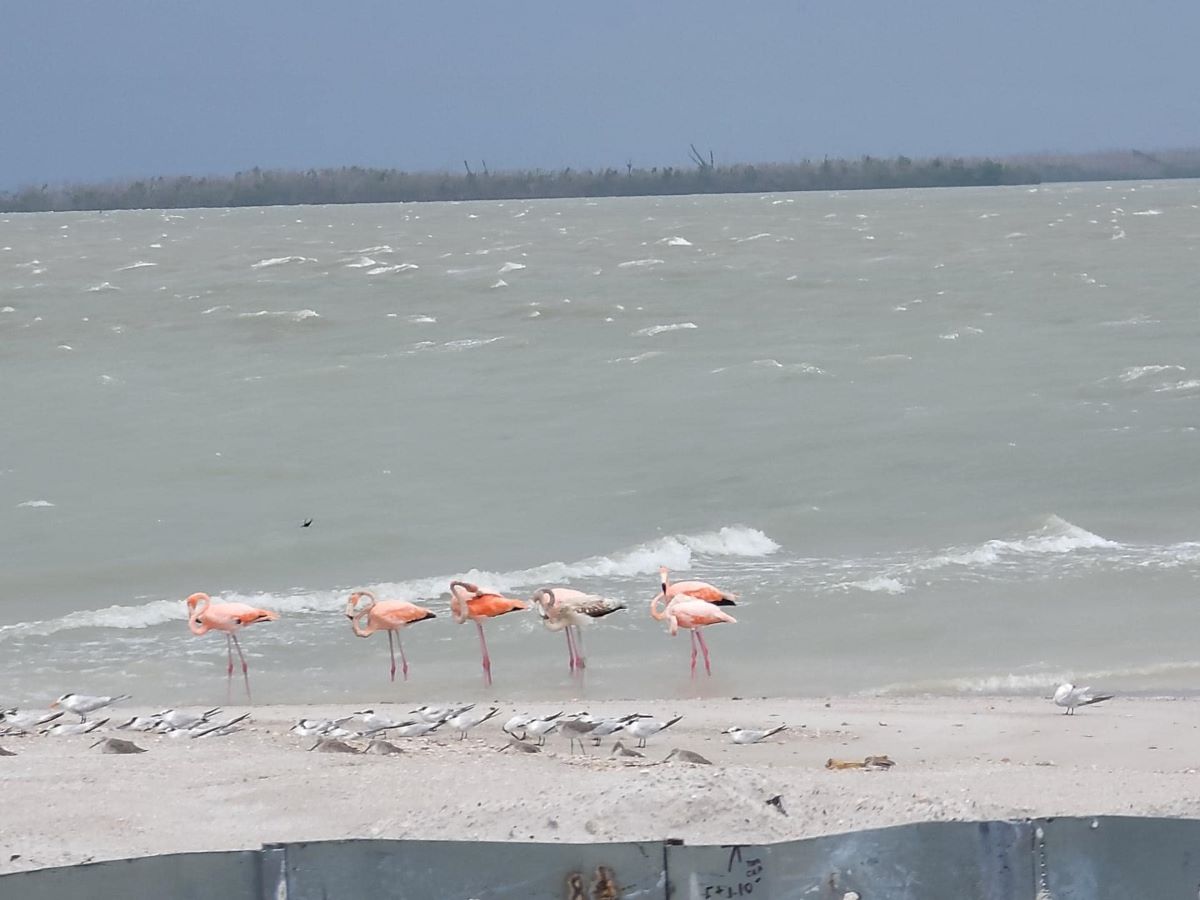Our thoughts are with our fellow Floridians as they begin the grueling recovery process in the aftermath of Hurricane Idalia.
We are grateful that Sanibel Island fared relatively well. Idalia left her mark with some minor flooding, a little debris, and … flamingos?
Yes, flamingos!
A flamboyance — the technical word for a group of flamingos — of American flamingos was seen hanging out on the Sanibel Causeway the day after the storm, and quickly made quite the buzz on social media.
While flamingos (and their plastic counterparts) are closely associated with the entire state of Florida, the birds are not at all common here, as they are found primarily in the Everglades and Florida Keys. Yet Floridians up and down the Gulf Coast have reported unusual sightings of wild flamingos over the past week.
Idalia’s strong winds appear to have scattered small groups of flamingos, most likely originating from Cuba or the Yucatan, across the Gulf Coast. The first sightings happened right here in Sanibel, but flamingos have since also been reported in Sarasota, Clearwater, and as far north as the Panhandle!
But how does a bird survive a brush with a major hurricane? And perhaps as important, how will these feathered friends make their way back home?
It’s interesting to note that flamingos can fly up to 90 kilometers (about 56 miles) a day in search of food. Some are speculating that the storm winds provided a little extra “oomph” to a group of flamingos already well on their way overseas. While estuarine lagoons are their typical habitats, flamingos fortunately have a variable diet that allow them to recharge in a variety of locations.
These birds are not the first flamingos driven northward by a storm. In 2018, a single bird — nicknamed “Pinky” — found its way to St. Marks National Wildlife Refuge in the Panhandle, courtesy of the winds from Hurricane Michael. Five years later, Pinky continues to fly off in summer, but like a true snowbird, has returned to the refuge each year to winter.
Likewise, traveling hundreds of miles to return home may seem like a daunting prospect. Yet some birds have been known to do so, like the group of Louisiana pelicans injured in the Deepwater Horizon spill, who immediately headed straight home after their rehabilitation in Florida.
Only time will tell how these new Sanibel visitors will respond to their displacement. In the meantime, we’re enjoying their rare sighting and are once again being reminded of the beauty and resiliency of nature!





